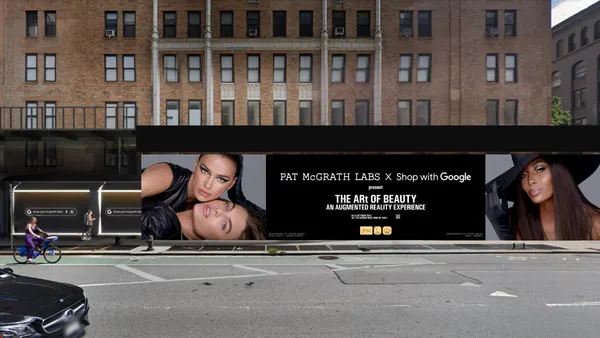Dive Brief:
-
The Footwear Distributors and Retailers of America last week sent a letter to President Donald Trump urging the White House to consider tariff exemptions for footwear; 76 companies representing more than 80 brands co-signed.
-
Shoe imports are already heavily levied, with rates on children’s shoes of 20% or higher, and many U.S. footwear brands could pay import duties ranging from 150% to nearly 220% with the new duties in place, the group said.
-
With many orders on hold, “footwear inventory for U.S. consumers may soon run low,” the group also said, warning that could bring hundreds of businesses to the brink of closure, with implications for tens of thousands of jobs.
Dive Insight:
The footwear industry isn’t alone in sounding this alarm. S&P Global Ratings analysts last week warned that these companies are “particularly exposed,” even after diversifying their sourcing.
“Many apparel and footwear brands have moved production to countries in Southeast Asia (such as Bangladesh and Vietnam) in response to earlier tariffs and to diversify supply chains after the COVID-19 pandemic disruptions,” they said in a May 1 research note.
Inventory in the space has already been roiled, “with some companies rushing in orders, and others pausing/delaying shipments,” Steve Haas, a former Nordstrom planning executive who is founder and principal of Tailored Solutions Consulting, told BTIG Managing Director Janine Stichter last month. Orders for the second half of the year, especially for holiday, are “in limbo,” according to Stichter’s report of their discussion.
Consumers are poised to feel a bigger pinch from tariffs at the back-to-school, Halloween and holiday seasons, several analysts recently told Retail Dive.
In addition to the inventory volatility — too much and too little — ripple effects from tariffs on these goods could include weakened demand and higher freight costs, according to Haas and Stichter.
In its letter to Trump, the footwear industry also pushed back on the idea of bringing back manufacturing to the U.S. without “significant capital investment and years of planning.”
“The new tariffs in fact remove the business certainty that is needed to make these types of investments and erase almost all the necessary capital,” the letter states. “There is also a reciprocal tariff on the machinery and materials needed to make footwear in the U.S.”
The push from the footwear association stands in contrast to the wider retail industry. Big-box giants Walmart, Target and Home Depot last month met with the president on the issue, but they have said little publicly about their conversation. And while the National Retail Federation has been critical of tariffs in its published materials, CEO Matthew Shay last week didn’t answer whether retailers are seeking exemptions from tariffs when asked by Fox Business.















